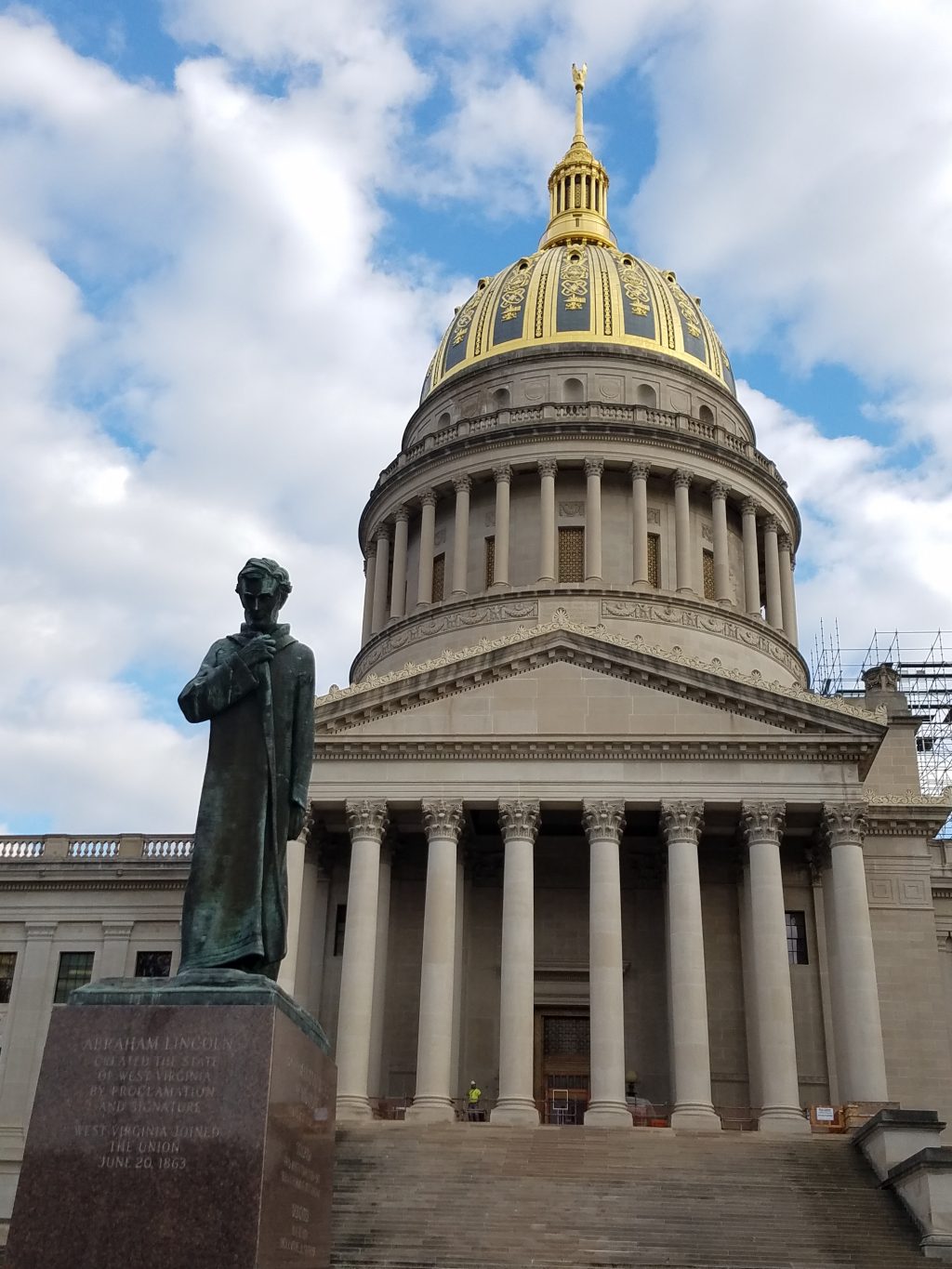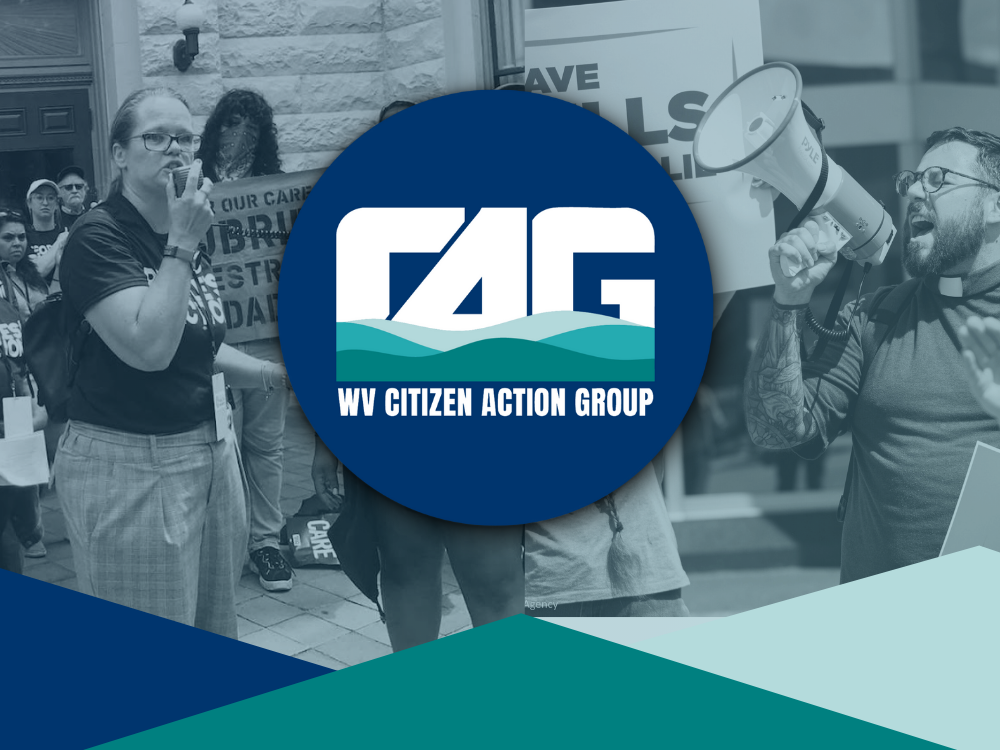- Like
- Digg
- Del
- Tumblr
- VKontakte
- Buffer
- Love This
- Odnoklassniki
- Meneame
- Blogger
- Amazon
- Yahoo Mail
- Gmail
- AOL
- Newsvine
- HackerNews
- Evernote
- MySpace
- Mail.ru
- Viadeo
- Line
- Comments
- Yummly
- SMS
- Viber
- Telegram
- Subscribe
- Skype
- Facebook Messenger
- Kakao
- LiveJournal
- Yammer
- Edgar
- Fintel
- Mix
- Instapaper
- Copy Link
More than 100 bills related to elections were introduced this session. The Senate passed eight election bills and the House passed 12. Of those, only six (three Senate and three House) of those made it across the finish line to the Governor’s desk. A majority of the election bills that were taken up addressed candidate eligibility and the filling of vacancies. While a smaller number dealt with voter registration in some way. With the trend of limiting voting access and making it harder for eligible Americans to vote continuing around the country, we’re fortunate that voter suppression bills — including bills to require photo identification to vote (HB 4675) and criminalizing the distribution of absentee ballot applications (HB 4016) — that appeared on committee agendas early in the session seemed to quietly fade into the background.
Additionally, a bill that would have given the legislature standing to challenge administrative or emergency changes to election rules (HB 4205) passed the House, but was not taken up in the Senate. This legislation was particularly concerning in light of the documented increase in the proportion of anti-voting lawsuits filed by Republicans, as it would have given overtly partisan, biased actors an opportunity to interfere in measures that may be appropriate for unforeseen circumstances. According to Democracy Docket, “Republican litigants are further entrenching themselves as the predominant force behind anti-voting litigation.”
The use of artificial intelligence (AI) to spread misinformation, and threats to poll workers were the top election concerns raised by members of the U.S. Senate Rules Committee when the panel held a hearing on the upcoming elections shortly after the session came to a close. These issues also received attention from West Virginia lawmakers, although no relevant bills were passed.
The Senate passed a bill (SB 630) to protect election officials and election workers from threats, intimidation, harassment and/or coercion that would interfere with the ability to perform their duties during an election. A House bill (HB 5362) that was not taken up extended these protections to household and family members of election officials and workers, and included anti-doxxing protections that prohibited the dissemination of personal information about election workers or members of their family or household.
These workers are unsung heroes, yet as a result of the Big Lie that the 2020 election was stolen, they have become the focus of attacks and conspiracy theories.(If you haven’t seen it, I highly recommend the documentary “No Time to Fail.” The film gives voice to the experiences of this largely invisible, yet completely indispensable workforce, and is available for streaming on Amazon, Apple TV+, and Xfinity.) Unfortunately, the session ended with both bills pending in the House Judiciary Committee.
The House of Delegates passed a bill (HB 4963) that would have prohibited the use of deep fake technology to influence an election. As the Brennan Center for Justice explains, “deep fakes are videos, images, or audio of a real or fictitious person’s likeness or voice generated or substantially modified using deep learning, a subset of machine learning that drives many AI applications.” And, as defined in HB 4963, deep fakes tend to be “so realistic that a reasonable person would believe it depicts speech or conduct of an individual who did not in fact engage in such speech or conduct.”
This type of AI is already being used to interfere with elections and deceive voters. One recent example is a robocall New Hampshire voters received purportedly from President Biden telling them not to vote in the state’s primary election. Since then the FCC has banned the use of AI-generated voices in robocalls, but regulating AI poses unique challenges for those tasked with safeguarding the electoral process. HB 4963 was not taken up by the Senate Judiciary Committee.
The other notable election related measure that came close, but didn’t make it across the finish line was a proposed amendment to the state constitution to prohibit non-citizens from voting in any elections held in West Virginia. This is already illegal under state and federal law, and there is no evidence that the current systems are not working, or that noncitizen voting is a problem. HJR 21 passed both the House and the Senate, but due to amendments made by the Senate, the House needed to concur with the changes. The Dominion Post’s David Beard reported, the resolution “didn’t get a vote on the Senate floor until 7:57 p.m. Saturday. It returned to the House, which took it up in the final five minutes of the evening. Delegate Mike Pushkin, D-Kanawha, who opposed it when the House first adopted it, took the floor to talk about the resolution.” Delegate Pushkin talked until the clock ran out, and the resolution died.
If you made it this far, you might be wondering about the election bills that passed. Here’s a short list, although the titles do not necessarily explain what the bills do. That could be a whole separate article, so we’ll dig in more later since none of these take effect until 2025.
- SB 166 – Updating contested elections procedures
- SB 623 – Requiring DMV to provide images of certain individuals to Secretary of State for voter identification purposes
- SB 624 – Cancelling voter registration records for individuals no longer WV residents
- HB 4350 – Relating to appointment of candidates after filing period
- HB 4552 – To ensure party affiliation is consistent with candidate’s voter registration
- HB 5298 – Relating to prohibiting a candidate who failed to secure the nomination of a political party in a primary election from seeking the same elected office as an affiliate with a different political party in the subsequent general election




